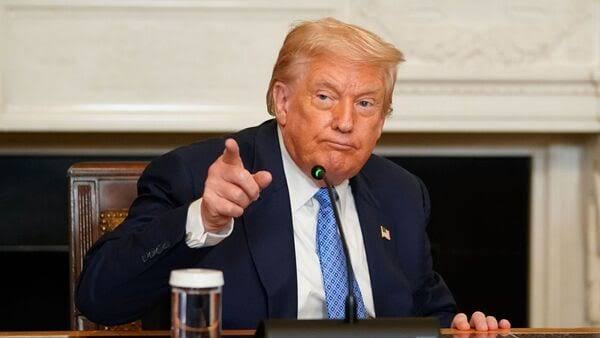Washington [US] – U.S. President Donald Trump has said that Russia has “lost India as an oil client” while weighing the broader fallout of sanctions on Moscow and its energy partners.
Speaking to Fox News aboard Air Force One, Trump remarked, “Well, they lost an oil client so to speak, which is India, which was doing about 40% of the oil. China, as you know, is doing a lot… and if I did secondary sanctions, it would be devastating from their standpoint. If I have to do it, I’ll do it, maybe I won’t have to do it.”
The comment comes just days after the White House announced a sharp increase in tariffs on Indian imports linked to Russian oil. On August 7, Trump approved an additional 25% duty, raising the total tariff burden to 50%. U.S. officials said the measure was taken on grounds of “national security and foreign policy concerns,” labeling India’s purchases of Russian oil an “unusual and extraordinary threat” to Washington.
When pressed on why India was targeted while other nations, including China, continue energy trade with Russia, Trump responded, “It’s only been 8 hours. So let’s see what happens. You’re going to see a lot more… so much secondary sanctions.” He hinted that similar penalties on China “could happen” in the future.
India’s Ministry of External Affairs (MEA) strongly criticized the U.S. decision, calling it “unfair, unjustified and unreasonable.” In a statement, the MEA stressed that India’s energy imports are based on market conditions and the need to safeguard the energy security of its 1.4 billion people.
“It is extremely unfortunate that the U.S. should choose to impose additional tariffs on India for actions that several other countries are also taking in their own national interest,” the ministry said, vowing to take “all actions necessary to protect national interests.”
The move has heightened strain in U.S.-India relations at a time when global energy markets remain volatile and security alignments are unsettled by the ongoing Russia-Ukraine conflict.
Trump Says Russia Has Lost India as Oil Client Amid New U.S. Tariffs

